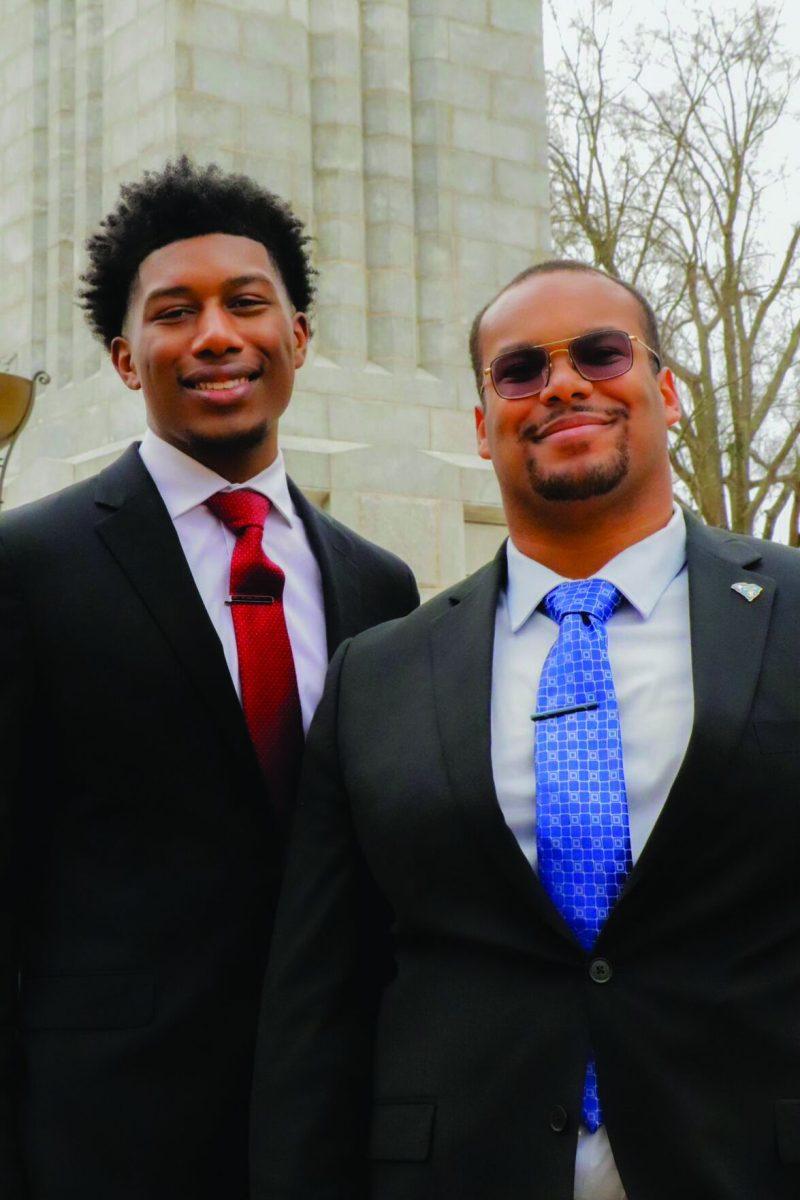Student Government (SG) recently passed the Better Breaks Act, which requires faculty and staff to assign no work to students on wellness days, which are specific, nonconsecutive break days provided for the campus community. NC State created wellness days out of concern for students, faculty and staff traveling over a longer, more traditional spring break.
Student Body President Melanie Flowers said that the creation of wellness days took a lot of time and consideration because of the burnout students experienced during the fall semester. Flowers said since students are hardworking, and say yes to most tasks given to them, spring and fall break provide time to be able to take care of themselves.
Since fall break was eliminated from the fall 2020 semester schedule, students didn’t have time to take a thorough break, and Flowers said mental health concerns increased tremendously.
“I think it very firmly communicates what the students have been feeling about the wellness days,” Flowers said. “It recommends that the administration reinstate the spring break with the quarantine period. It was really important that that piece passed, and that the Student Government stands for it, and this is what the students want; this is what we’re going to advocate for.”
Thomas Jackson, a second-year studying horticulture and the corresponding senator on the Better Breaks legislation, agreed with Flowers, stating the goal of the bill was to translate to the administration students’ opinions of wellness days.
By ensuring that instructors do not assign homework or exams on wellness days, the Better Breaks Act allows students to take time for themselves. When writing the bill, Jackson made sure this statement was clear.
“One thing that I was really driving when we were writing the Better Breaks Act was not only are students worried about homework on these wellness days, but my chief concern for a lot of the process was student employees, graduate assistants, teaching assistants,” Jackson said.
SG pushed for wellness days to be taken seriously and for students to utilize the time to take a break from school and take care of their mental health.
“We didn’t want wellness days to be a ‘catch-up’ day for students on homework or studying, and that was our motivation for making this bill, to make sure that professors aren’t assigning anything due on the wellness days because students are just going to spend the time studying or doing work,” Flowers said.
When students came back for the spring semester, there was concern from faculty and administration about COVID-19 safety and how to take care of the campus community.
“There was a lot of concern going into spring semester with spring break because we can’t prevent students from traveling, travel bans can’t prevent students from traveling and we don’t want to put the community at risk or end up in a place where we have to send students home in the middle of the spring semester and uproot everyone for the third time,” Flowers said.
Since spring break traditionally gives students a full week off, the concern for students traveling during that time was at an all-time high. In the legislation’s original document, SG members advocated for a week of spring break, with two weeks of remote learning for a quarantine period. Students would have to submit a negative COVID-19 test to HealthyPack Portal in order to come back to campus.
The other two scenarios were six wellness days in total, divided into three sets of two paired days spread throughout the semester and what is currently set: six singular wellness days throughout the semester.
“[In SG], we want records of things, and I think it was important that we have a formal record of the fact that these breaks for students are taken away, students are pissed off and we tried to have a full spring break,” Flowers said.
Faculty and staff also expressed varying viewpoints to SG about wellness days and breaks.
“I think they come about it from a standpoint of ‘well the calendar is set,’ and in terms of administratively, I think they weren’t too warm for having a spring break, and I think a lot of students are really passionate about getting spring break back,” Jackson said.
Flowers said she wants to encourage students to contact her if their instructors are not following the guidelines of the Better Breaks Act.
“There are definitely faculty who were struggling to adhere to the guidelines, and when that happens, I encourage students to give me names because I can forward those to the provost office,” Flowers said.













